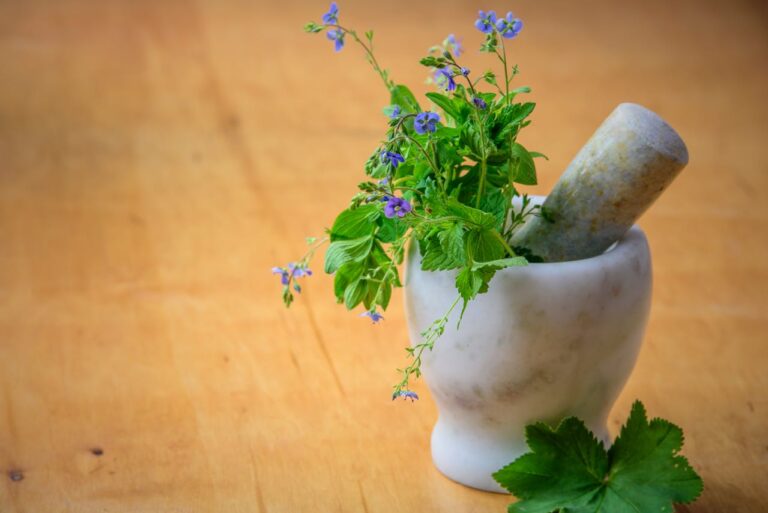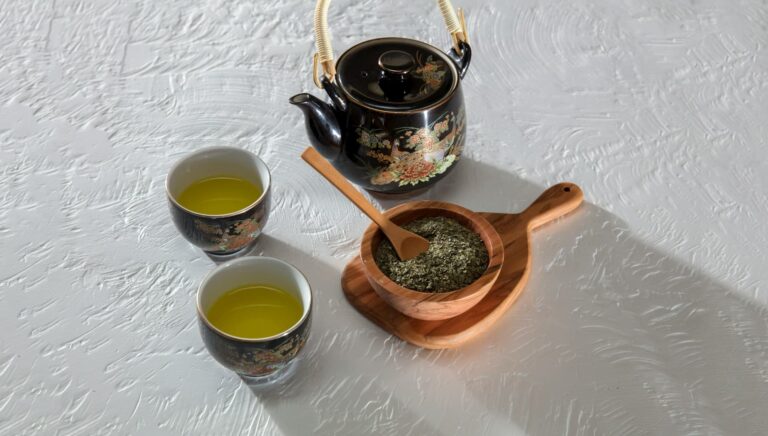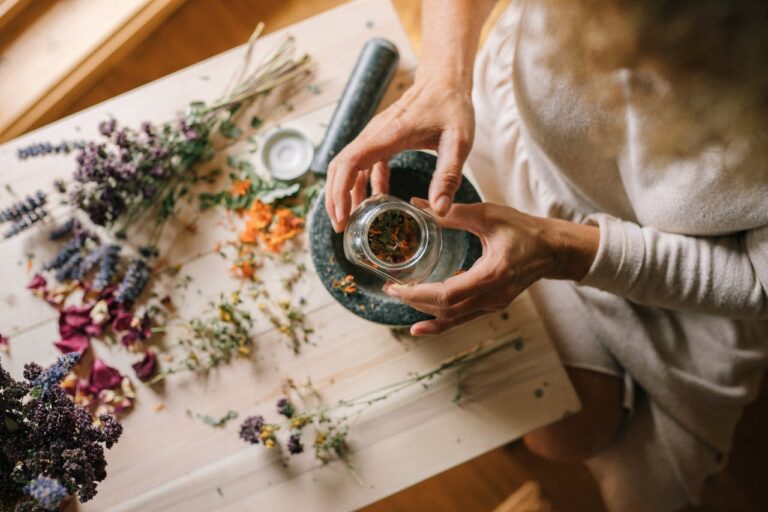The Frustration of Sleepless Nights
Lying awake at night, staring at the ceiling, watching the clock tick by—sound familiar? If you struggle to fall asleep or stay asleep, you’re not alone. Millions of people worldwide experience occasional sleep disturbances, leading to exhaustion, stress, and a decline in overall well-being.
Lack of sleep doesn’t just make you feel tired; it may weaken your immune system, affect cognitive function, increase anxiety, and even contribute to weight gain. The worst part? The more you stress about not sleeping, the harder it is to doze off.
You may have tried various solutions, from sleeping pills to meditation, only to find that nothing truly works long-term. But what if nature has the answer? Herbs have been traditionally used for centuries to support relaxation and sleep—without the side effects of pharmaceuticals.
Let’s explore some natural herbs that may help you fall asleep more easily and wake up feeling refreshed.
1. Valerian Root – Traditionally Used to Support Sleep
Valerian root has a long history of use as a natural sleep aid. Some studies suggest that it may help support relaxation by influencing gamma-aminobutyric acid (GABA) levels in the brain, a neurotransmitter associated with calming effects.
How It May Help:
- May reduce the time it takes to fall asleep
- May support sleep quality
- May help ease occasional stress and tension
How to Use It:
- Drink valerian root tea 30–60 minutes before bed
- Take valerian root supplements (300-600 mg)
- Use valerian root tincture for quick absorption
Pro Tip: Valerian root has a strong smell, so mixing it with honey or chamomile tea may make it more palatable.
2. Chamomile – A Popular Herb for Relaxation
Chamomile has been traditionally used for its calming properties. It contains apigenin, an antioxidant that interacts with receptors in the brain and may promote relaxation and a sense of calm.
How It May Help:
- May support relaxation and ease occasional stress
- May help promote a restful night’s sleep
How to Use It:
- Brew a cup of chamomile tea an hour before bed
- Use chamomile essential oil in a diffuser
- Take chamomile supplements if tea isn’t your thing
Pro Tip: Combine chamomile with honey and lemon for a delicious, calming drink.
3. Passionflower – A Herb Traditionally Used for Sleep Support
Passionflower has been historically used to promote relaxation and restful sleep. It is believed to support GABA levels, which may help calm the mind and prepare the body for sleep.
How It May Help:
- May ease occasional stress and racing thoughts
- May support sleep cycles
How to Use It:
- Drink passionflower tea before bedtime
- Take passionflower extract in liquid or capsule form
- Mix passionflower with other calming herbs for a synergistic effect
Pro Tip: Passionflower may be particularly helpful for those who experience an overactive mind before bed.
4. Ashwagandha – An Adaptogen for Stress Management
If occasional stress and tension keep you up at night, ashwagandha might be worth considering. As an adaptogen, it may help the body manage stress and promote relaxation.
How It May Help:
- May help support a healthy stress response
- May promote a sense of calm
How to Use It:
- Take ashwagandha supplements (300-500 mg)
- Drink ashwagandha tea or mix powder into warm milk
- Use ashwagandha extract for a more concentrated form
Pro Tip: Pair ashwagandha with magnesium for additional relaxation benefits.
5. Lavender – A Soothing Aromatherapy Herb
Lavender is well-known for its calming scent. Some studies suggest that its aroma may help promote relaxation and improve sleep quality.
How It May Help:
- May promote relaxation
- May support restful sleep
How to Use It:
- Use lavender essential oil in a diffuser
- Apply diluted lavender oil to your wrists and temples before bed
- Drink lavender tea for a gentle, relaxing effect
Pro Tip: Combine lavender oil with a carrier oil and apply it to your pillow for continuous aromatherapy benefits.
How to Get the Best Results with These Herbs
While these herbs are commonly used to support sleep, incorporating them into a healthy bedtime routine may enhance their effects. Here are a few ways to maximize their benefits:
- Create a bedtime routine: Drink a cup of chamomile or valerian tea, diffuse lavender oil, and practice deep breathing exercises before bed.
- Limit screen time: Avoid blue light from phones and computers at least an hour before sleep.
- Stay consistent: Herbal remedies may take time to show noticeable effects, so use them regularly for the best results.
- Pair with lifestyle changes: Reducing caffeine, exercising regularly, and establishing a relaxing nighttime ritual may complement these herbs.
A Natural Approach to Better Sleep
If you’re looking for natural ways to support relaxation and restful sleep, these herbs may be worth exploring. Unlike synthetic sleep aids, herbal remedies are traditionally used to work with your body rather than override its natural rhythms.
Try incorporating one or more of these herbs into your nightly routine and see how they work for you. Sweet dreams!
Ready to Explore Herbal Sleep Aids?
Start with a simple chamomile tea tonight or experiment with a combination of these herbs to find what works best for you. Have you tried any of these herbs for sleep? Let us know your experience in the comments below!
Disclaimer: This article is for informational purposes only and does not constitute medical advice. Always consult a healthcare professional before using herbal supplements, especially if you have existing health conditions or take medications.







